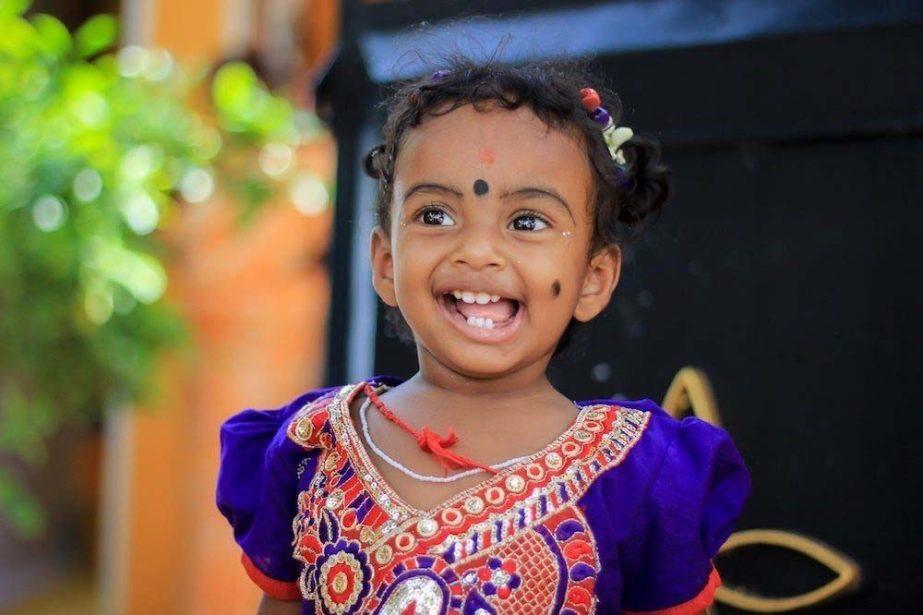
Maureen Healy :
“The gem cannot be polished without friction, nor man perfected without trials.” -Chinese Proverb
Being small and new to the world has its challenges. Said differently, there are some common challenges that occur in childhood regardless of where you live, what you look like, and who your parents are. Some of those intrinsic obstacles are:
Lack of experience
Children believe that everything that’s happening to them is the worst ever. They simply don’t have the experience and wider perspective to realize what a real problem is (for example, someone committing suicide) versus a temporary challenge (for example, getting poison ivy). Of course, it is good news when children are innocent, but their lack of experience limits their ability to perceive things accurately.
Lack of knowledge
Boys and girls often don’t have the training needed to handle challenging emotions. For example, Jenna didn’t know how to handle her intense anger, and she threw a chair across her classroom. Thankfully no one was hurt, but it did land her in the principal’s office. Of course, the good news is that when Jenna learned how to do things differently, there were no more chairs flying across her third-grade classroom.
Lack of choice
Copper, age 10, was one of my Zoom mentoring clients. One of the most memorable things he said was, “I feel trapped at school.” He begged his parents to change schools and even to homeschool him, but they refused. Children like Copper often feel like they don’t have a choice on a subject, or their voice isn’t being heard, which is challenging.
Incorrect perceptions
Children tend to put things together that aren’t related and then form what are called illusory correlations. For example, when 5-year-old Maggie’s grandmother died, she asked me, “What did my grandmother do wrong?”
And I replied, “Nothing. She lived a long time, and it was her time to go back to spirit.”
Since Maggie noticed everyone was upset, she assumed her grandmother did something wrong and hence died, but as we know, life doesn’t work that way.
Lack of logic
Before age 8, children often have a lot of magical thinking, which is part of their play and creative development. With magical thinking, a child’s developing brain does not yet differentiate fantasy from reality (logic, linear world). For example, I remember jumping off a picnic table when I was younger believing I would land like Wonder Woman, but I didn’t, and my wrist blew up like a balloon.
Being a young child is overwhelming, emotional, and sometimes amazing, but often frustrating when you need to adhere to parents’ or teachers’ rules. Yes, they probably know better, but when you’re young, you don’t realize this. Sometimes you just feel misunderstood because you want to play video games like Minecraft and not be pestered about doing your homework. So part of being a child means you don’t have the whole picture, and the challenges mentioned are inherent to the experience of growing up.
My latest book, The Emotionally Healthy Child, delves into today’s child and parenting strategies.
(Maureen Healy is an author, speaker and expert working with parents, teachers and children globally. Her most recent book is The Emotionally Healthy Child).

